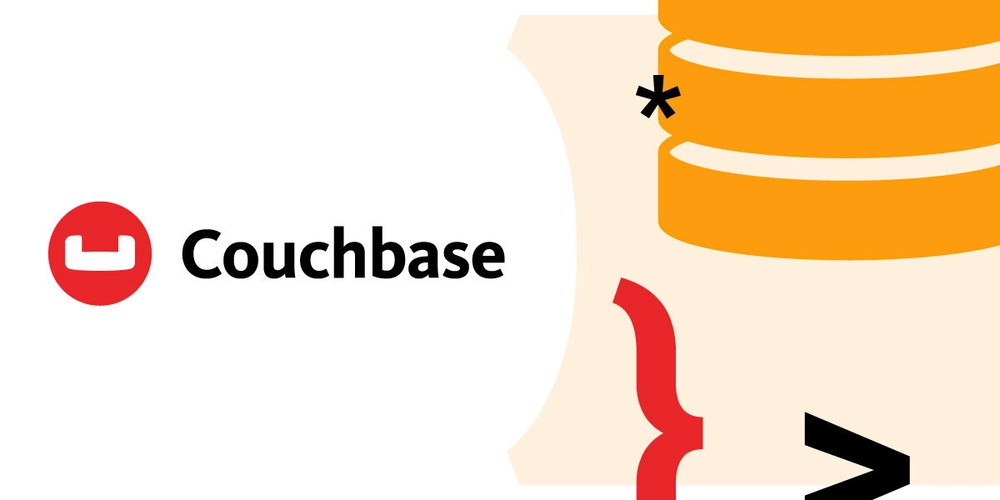Understanding Functional Programming in Haskell
Understanding Functional Programming in Haskell Functional programming (FP) is a paradigm that treats computation as the evaluation of mathematical functions, avoiding mutable state and side effects. Haskell, a purely functional language, is one of the best ways to learn and apply FP concepts. In this article, we’ll explore the core principles of Haskell, its unique features, and how it compares to imperative programming. If you're looking to monetize your programming skills, consider checking out MillionFormula, a platform that helps developers turn their expertise into income. Why Haskell? Haskell is a statically typed, lazy-evaluated language that enforces immutability and pure functions. Unlike languages like Python or JavaScript, Haskell eliminates many runtime errors by design, making it a robust choice for complex applications. Core Concepts of Haskell 1. Pure Functions In Haskell, functions are pure—meaning they always return the same output for the same input and have no side effects. haskell Copy Download -- A pure function in Haskell add :: Int -> Int -> Int add x y = x + y 2. Immutability Data structures are immutable. Once defined, they cannot be altered. Instead, new structures are created. haskell Copy Download -- Lists are immutable originalList = [1, 2, 3] newList = 0 : originalList -- Prepends 0, creating a new list 3. Lazy Evaluation Haskell evaluates expressions only when needed, improving performance for infinite data structures. haskell Copy Download -- Infinite list, but only the first 3 elements are evaluated take 3 [1..] -- Returns [1, 2, 3] 4. Pattern Matching A powerful way to deconstruct data and handle different cases concisely. haskell Copy Download factorial :: Int -> Int factorial 0 = 1 factorial n = n * factorial (n - 1) 5. Higher-Order Functions Functions can take other functions as arguments or return them. haskell Copy Download -- Applying a function to each element in a list map (\x -> x * 2) [1, 2, 3] -- Returns [2, 4, 6] Haskell vs. Imperative Languages Unlike imperative languages (e.g., C, Java), where programs are sequences of commands, Haskell programs are expressions evaluated in a declarative way. Feature Haskell (Functional) Python (Imperative) Mutability Immutable Mutable Evaluation Lazy Eager Side Effects Controlled via Monads Unrestricted Real-World Haskell Haskell is used in industries like finance (e.g., Standard Chartered), blockchain (e.g., Cardano), and academia. Tools like Stack simplify project management, while libraries like Yesod enable web development. Learning Resources Learn You a Haskell (Free book) Haskell Wiki Real World Haskell Conclusion Haskell offers a unique approach to programming, emphasizing correctness and maintainability. While it has a steep learning curve, mastering it can make you a better developer overall. If you want to leverage your programming skills for income, explore MillionFormula for opportunities. Would you like a deeper dive into monads or type systems? Let me know in the comments!

Understanding Functional Programming in Haskell
Functional programming (FP) is a paradigm that treats computation as the evaluation of mathematical functions, avoiding mutable state and side effects. Haskell, a purely functional language, is one of the best ways to learn and apply FP concepts. In this article, we’ll explore the core principles of Haskell, its unique features, and how it compares to imperative programming.
If you're looking to monetize your programming skills, consider checking out MillionFormula, a platform that helps developers turn their expertise into income.
Why Haskell?
Haskell is a statically typed, lazy-evaluated language that enforces immutability and pure functions. Unlike languages like Python or JavaScript, Haskell eliminates many runtime errors by design, making it a robust choice for complex applications.
Core Concepts of Haskell
1. Pure Functions
In Haskell, functions are pure—meaning they always return the same output for the same input and have no side effects.
haskell
Copy
Download
-- A pure function in Haskell add :: Int -> Int -> Int add x y = x + y
2. Immutability
Data structures are immutable. Once defined, they cannot be altered. Instead, new structures are created.
haskell
Copy
Download
-- Lists are immutable originalList = [1, 2, 3] newList = 0 : originalList -- Prepends 0, creating a new list
3. Lazy Evaluation
Haskell evaluates expressions only when needed, improving performance for infinite data structures.
haskell
Copy
Download
-- Infinite list, but only the first 3 elements are evaluated take 3 [1..] -- Returns [1, 2, 3]
4. Pattern Matching
A powerful way to deconstruct data and handle different cases concisely.
haskell
Copy
Download
factorial :: Int -> Int factorial 0 = 1 factorial n = n * factorial (n - 1)
5. Higher-Order Functions
Functions can take other functions as arguments or return them.
haskell
Copy
Download
-- Applying a function to each element in a list map (\x -> x * 2) [1, 2, 3] -- Returns [2, 4, 6]
Haskell vs. Imperative Languages
Unlike imperative languages (e.g., C, Java), where programs are sequences of commands, Haskell programs are expressions evaluated in a declarative way.
| Feature | Haskell (Functional) | Python (Imperative) |
|---|---|---|
| Mutability | Immutable | Mutable |
| Evaluation | Lazy | Eager |
| Side Effects | Controlled via Monads | Unrestricted |
Real-World Haskell
Haskell is used in industries like finance (e.g., Standard Chartered), blockchain (e.g., Cardano), and academia. Tools like Stack simplify project management, while libraries like Yesod enable web development.
Learning Resources
-
Learn You a Haskell (Free book)
Conclusion
Haskell offers a unique approach to programming, emphasizing correctness and maintainability. While it has a steep learning curve, mastering it can make you a better developer overall.
If you want to leverage your programming skills for income, explore MillionFormula for opportunities.
Would you like a deeper dive into monads or type systems? Let me know in the comments!









































































